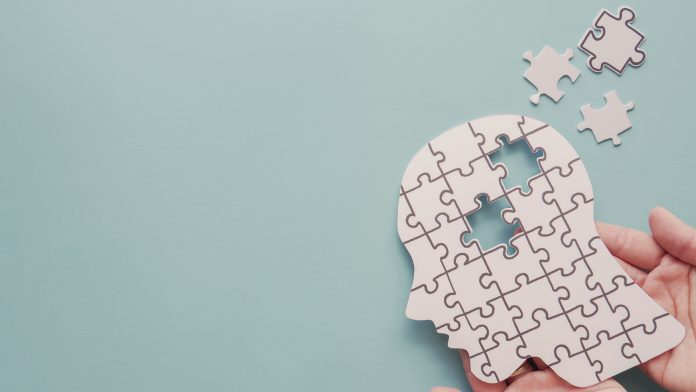
This year’s theme for World Mental Health Day is ‘Mental Health is a Universal Human Right,’ highlighting the importance of supporting mental health care in Africa.
Mental health is vital to having good health. However, in many parts of the world, human resources for child and adolescent mental health services are dire.
On average, there are 0.3 psychiatrists per 100,000 population at the global level, and 0.1 per 100,000 for the 47 countries across WHO African region. This highlights the importance of boosting mental health care in Africa.
“The right to mental health is a necessity not a luxury in Africa,” said the UNICEF Regional Director in West and Central Africa, Felicité Tchibindat.
“The only way we can enable greater realisation of this right is through more significant investment in mental health and psychosocial support. This includes better policies and systems, including in the community, and integration of mental health services into education, protection, and health interventions.”
The right to mental health requires access to services
The 1989 UN Convention on the Rights of the Child outlines children’s rights to include the right to life, clean drinking water, development, health, and survival.
Despite this, two-thirds of child-related Sustainable Development Goals indicators are not on-track to meet their targets.
For low-income countries, progress is slow – and African countries are most affected.
A crucial part of the right to mental health is access to quality mental health services, and mental health care in Africa is amongst the lowest in the world.
Severe shortage of child and adolescent mental health care in Africa
Although there is a large population of children and adolescents in Africa, there is a shortage of mental health services in the region.
The WHO Mental Health ATLAS 2020 report states that only 11 of the 47 countries of the WHO African Region provided information on child and adolescent mental health policies. Only three of these countries reported that they had these policies implemented.
Less than 50% of the mental health policies and plans in the African Region comply with human rights standards.
“We cannot afford to ignore the concerning number of children and young people across the region who experience mental health challenges, exacerbated by multiple shocks, violence and humanitarian crises, with devastating impacts on their well-being and on communities as a whole,” said Etleva Kadilli, UNICEF Regional Director for Eastern and Southern Africa.
“Now is the time to increase investment in mental health services and provide children and young people with the essential tools and resources for them to develop to their full potential. Change is long overdue, and no child should have to carry invisible scars alone.”
How can countries advance the rights of children in relation to mental health?
Countries can help to improve mental health care in Africa for children in the follow ways:
- Strengthen data collection on child and adolescent wellbeing and mental health;
- Prevent harm – a key determinant of mental health; and
- Invest in mental health services, including in training skilled health and social care professionals specialised in supporting young people.
Mental health care in Africa is progressing
There are signs of progress on the continent, however. For example, Côte d’Ivoire and Mozambique are being jointly supported by UNICEF and WHO to engage across three key sectors – health, education, and social protection, to develop action plans to be implemented at the country level.
Mental health care in Africa can be increased through collaboration – ensuring that ‘Mental Health is a Universal Human Right’ for everyone.










